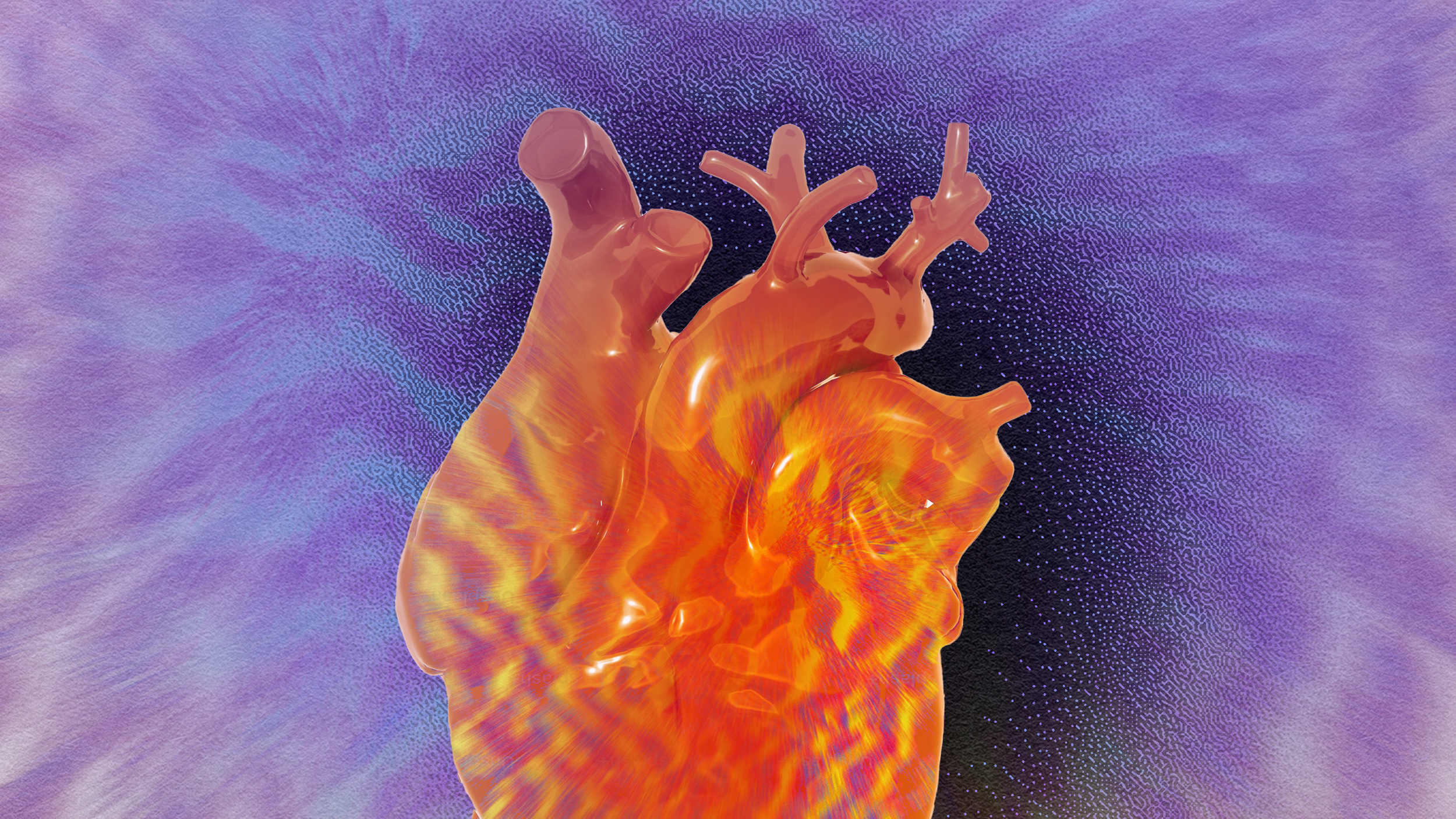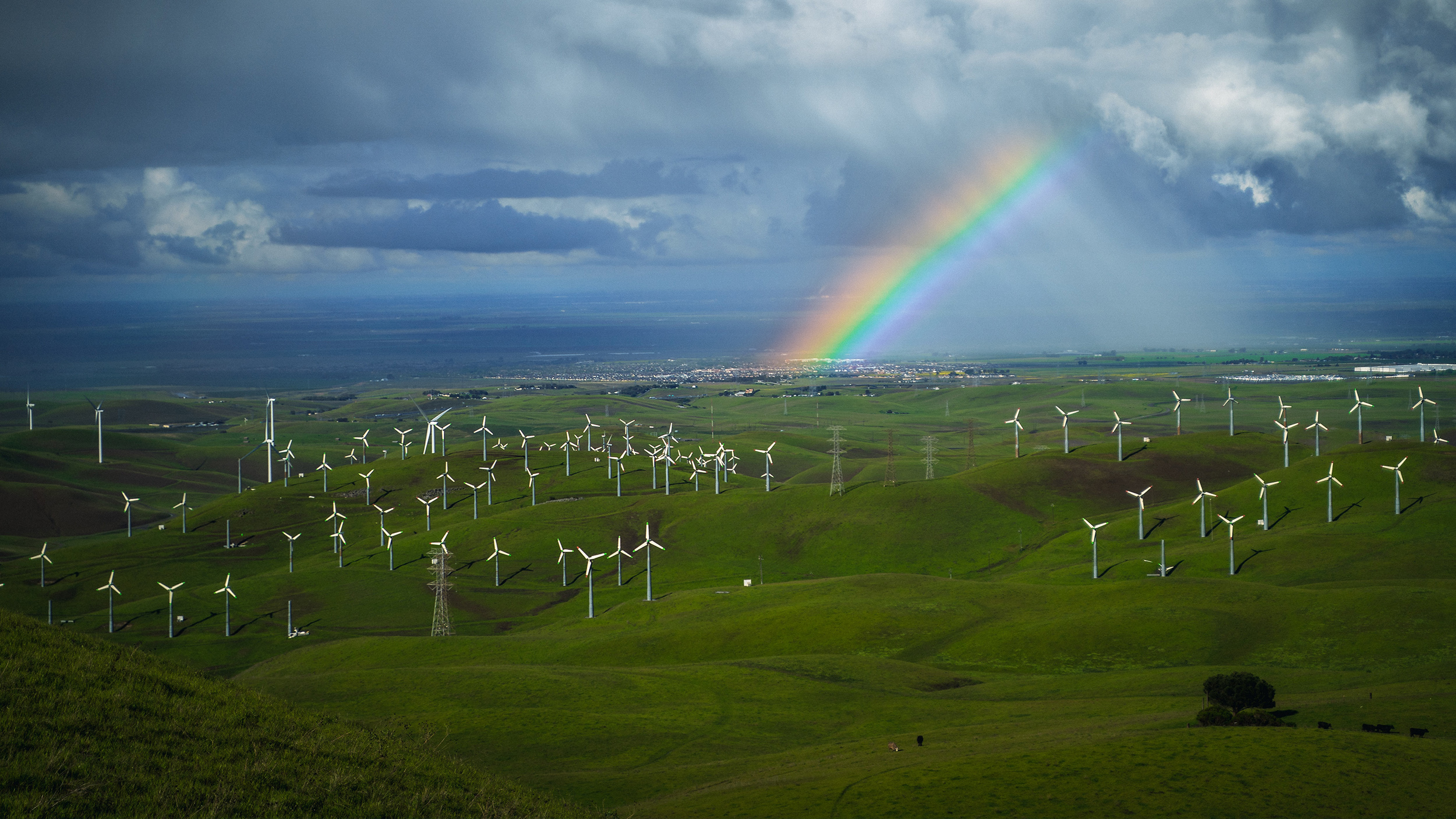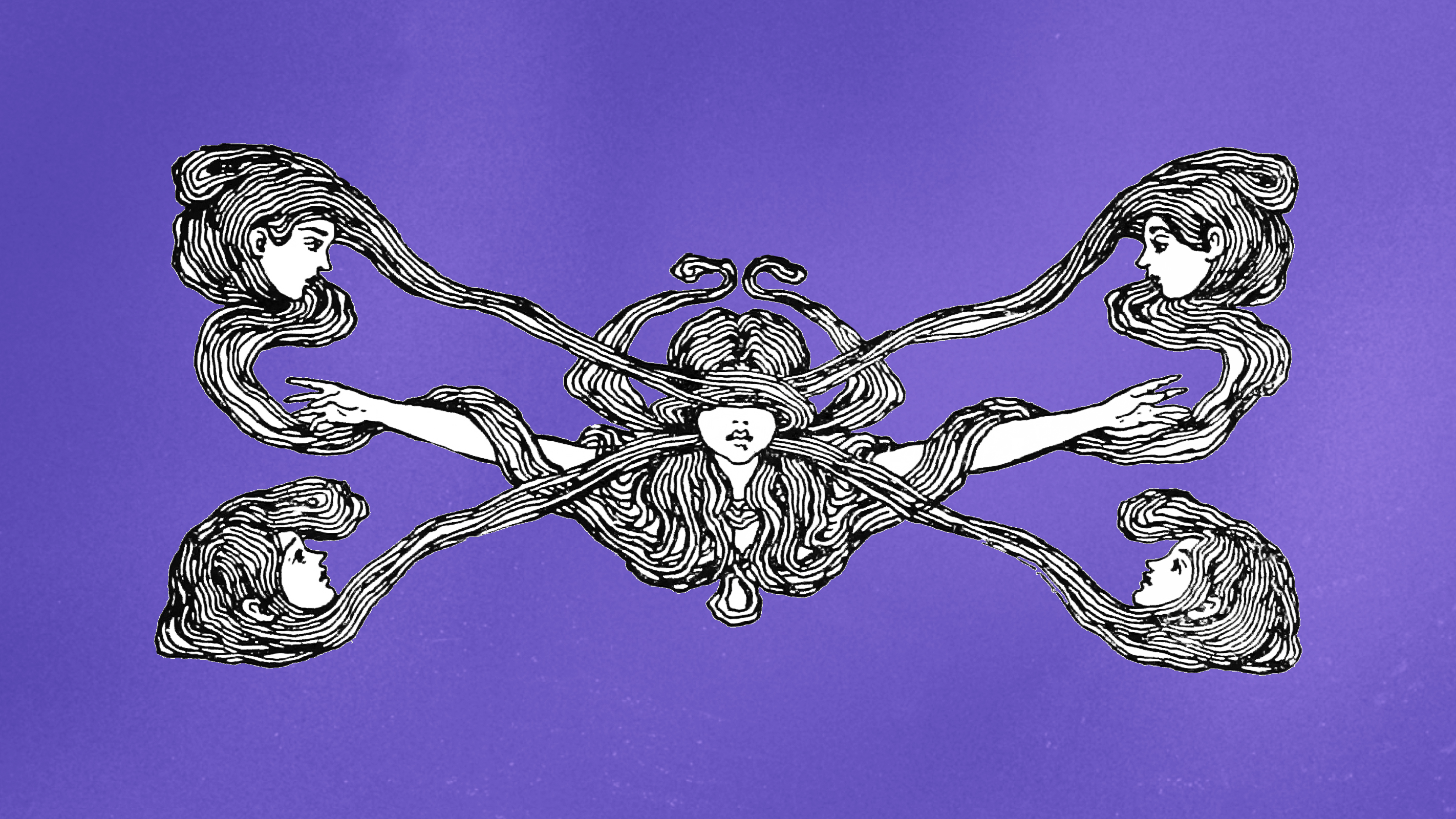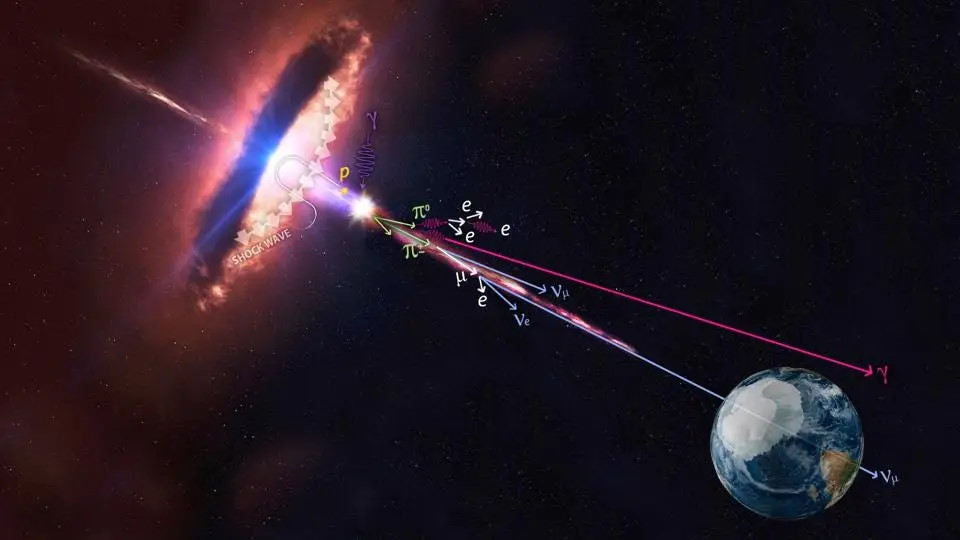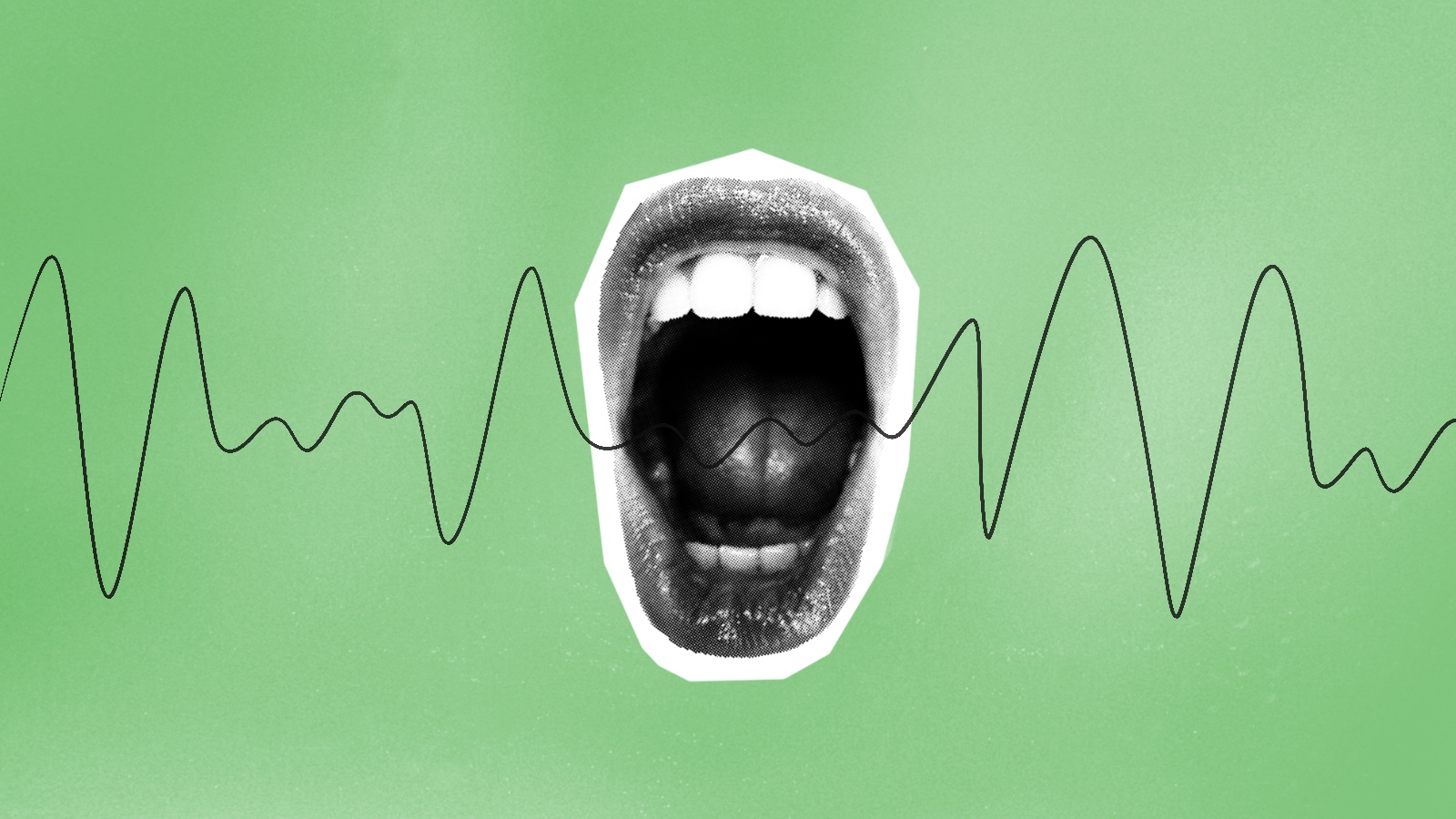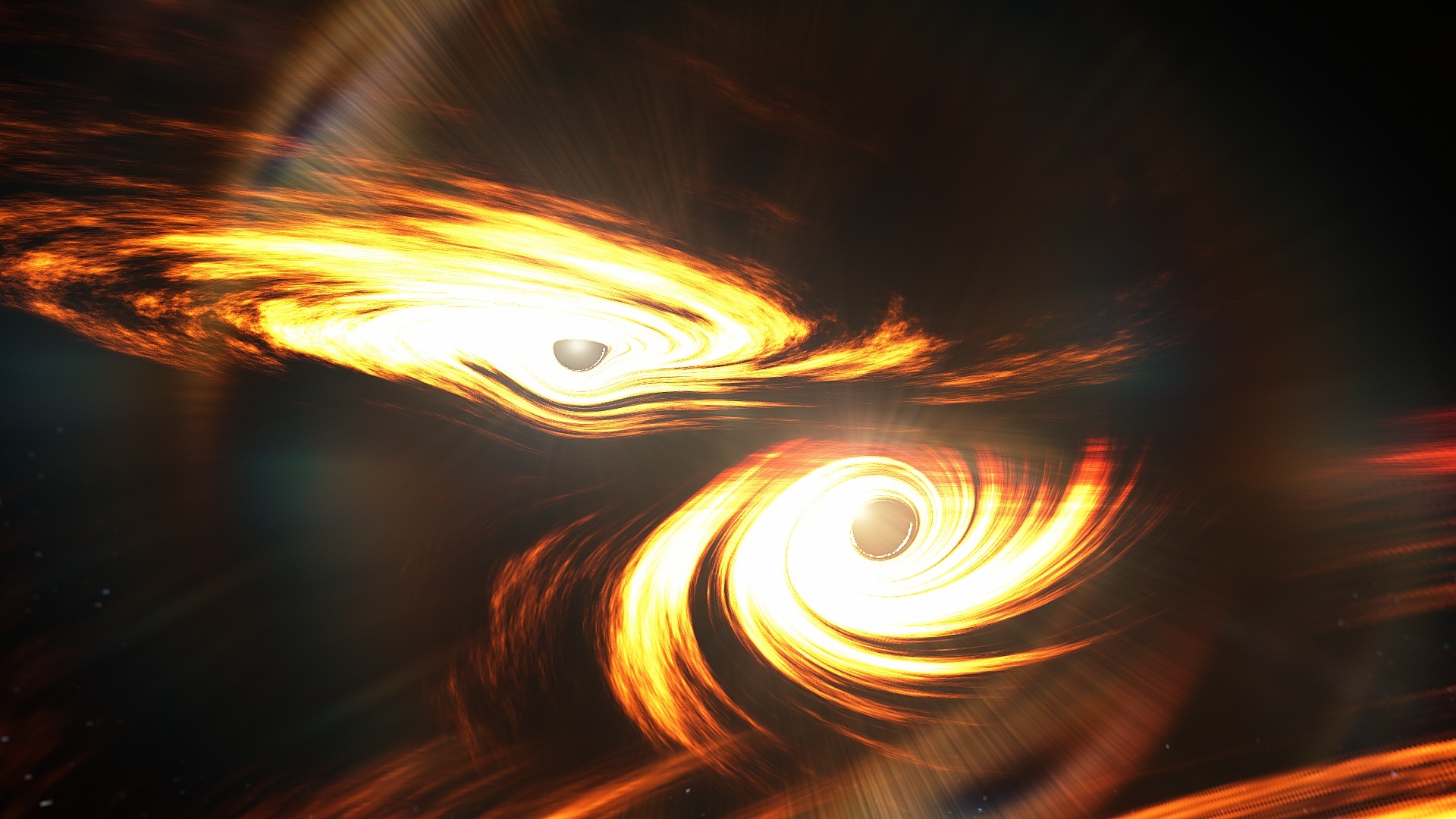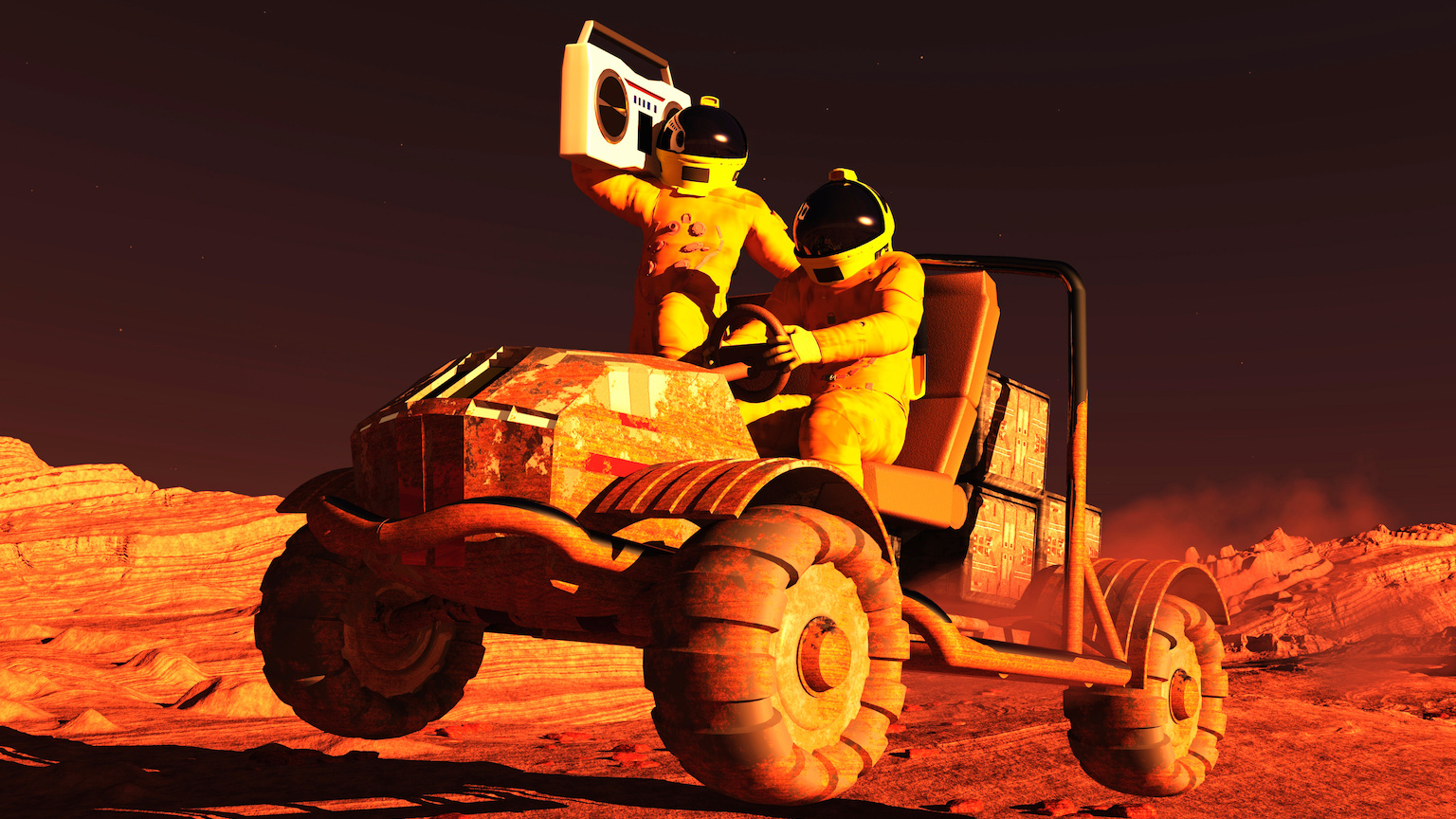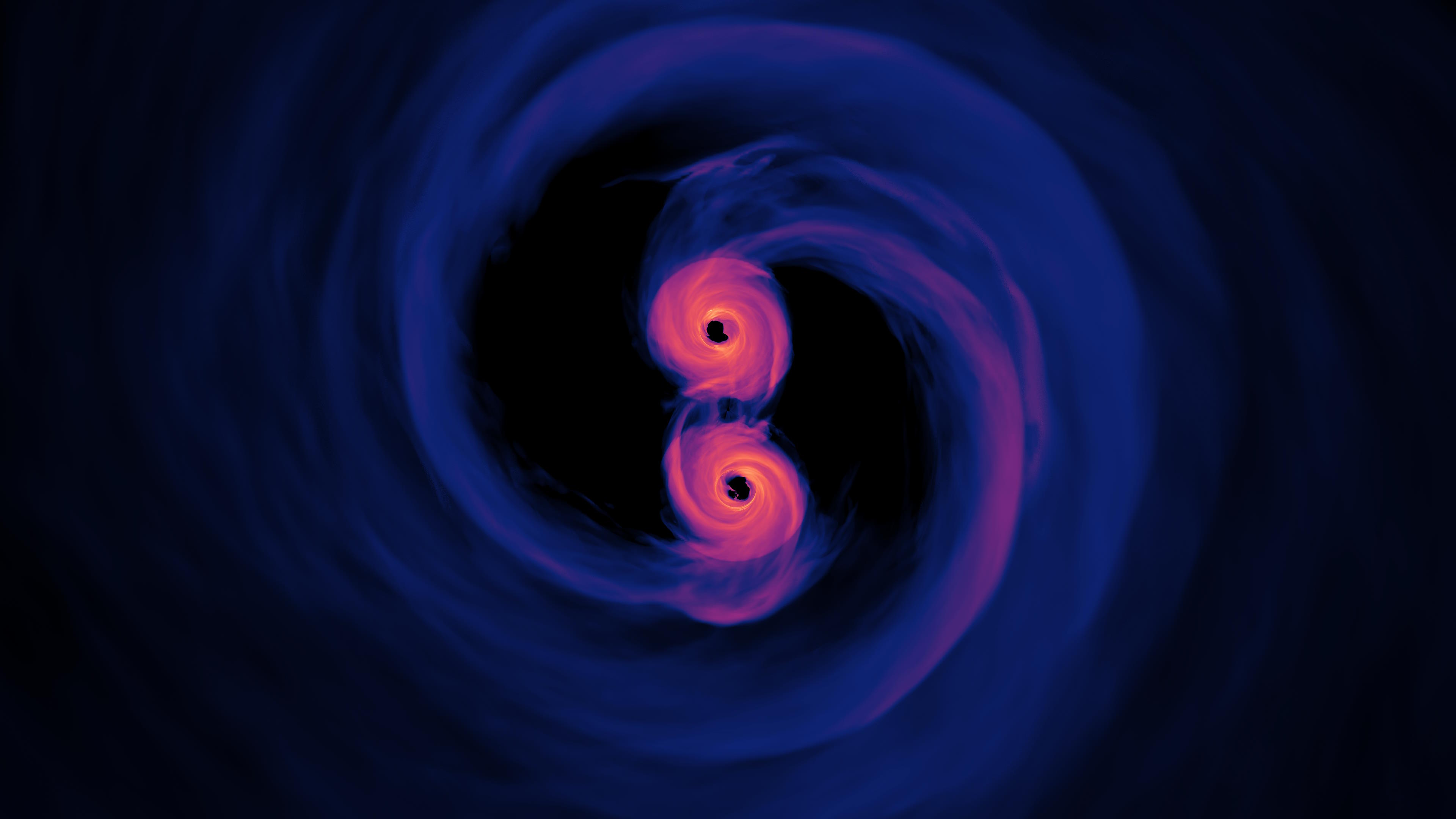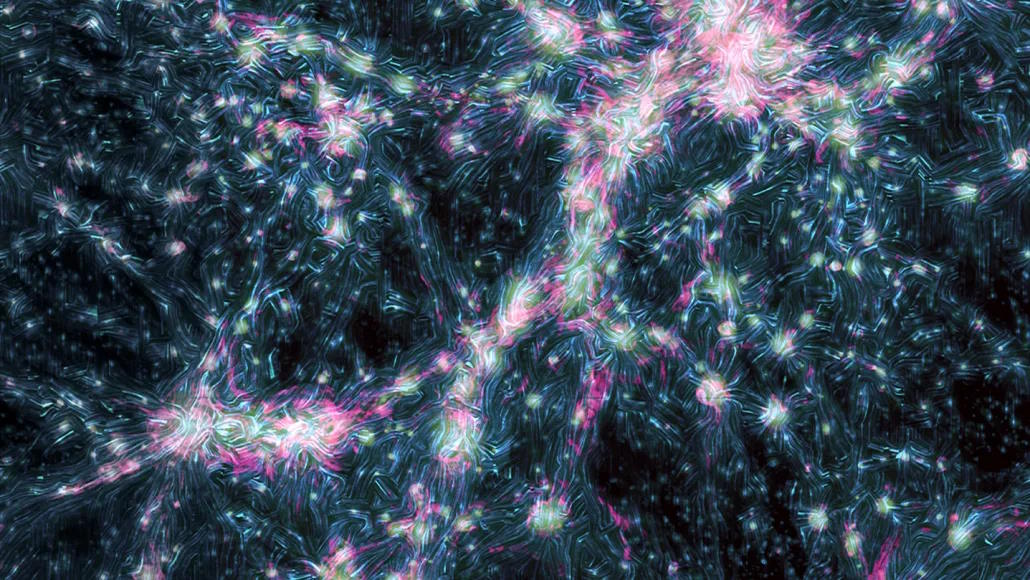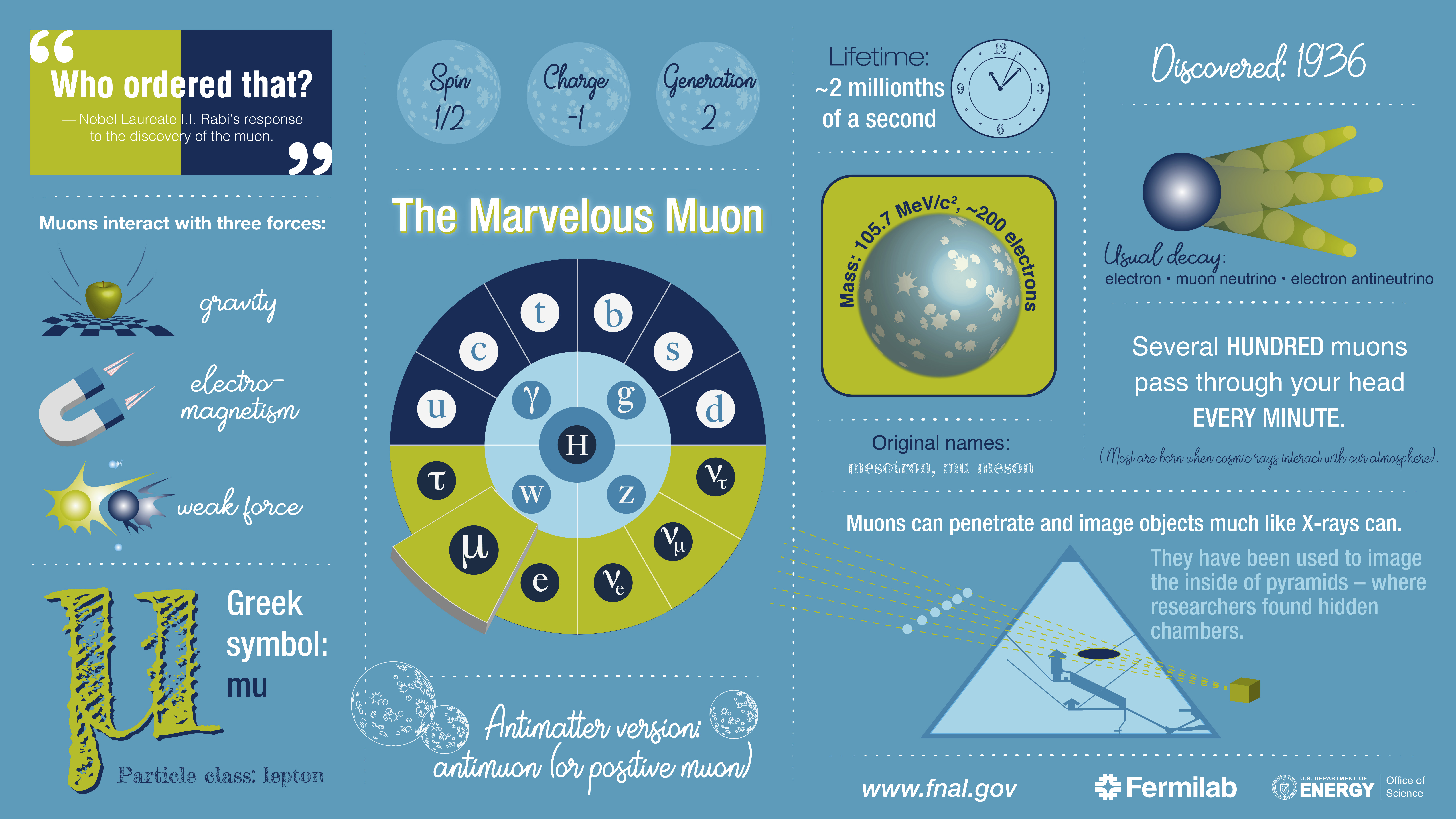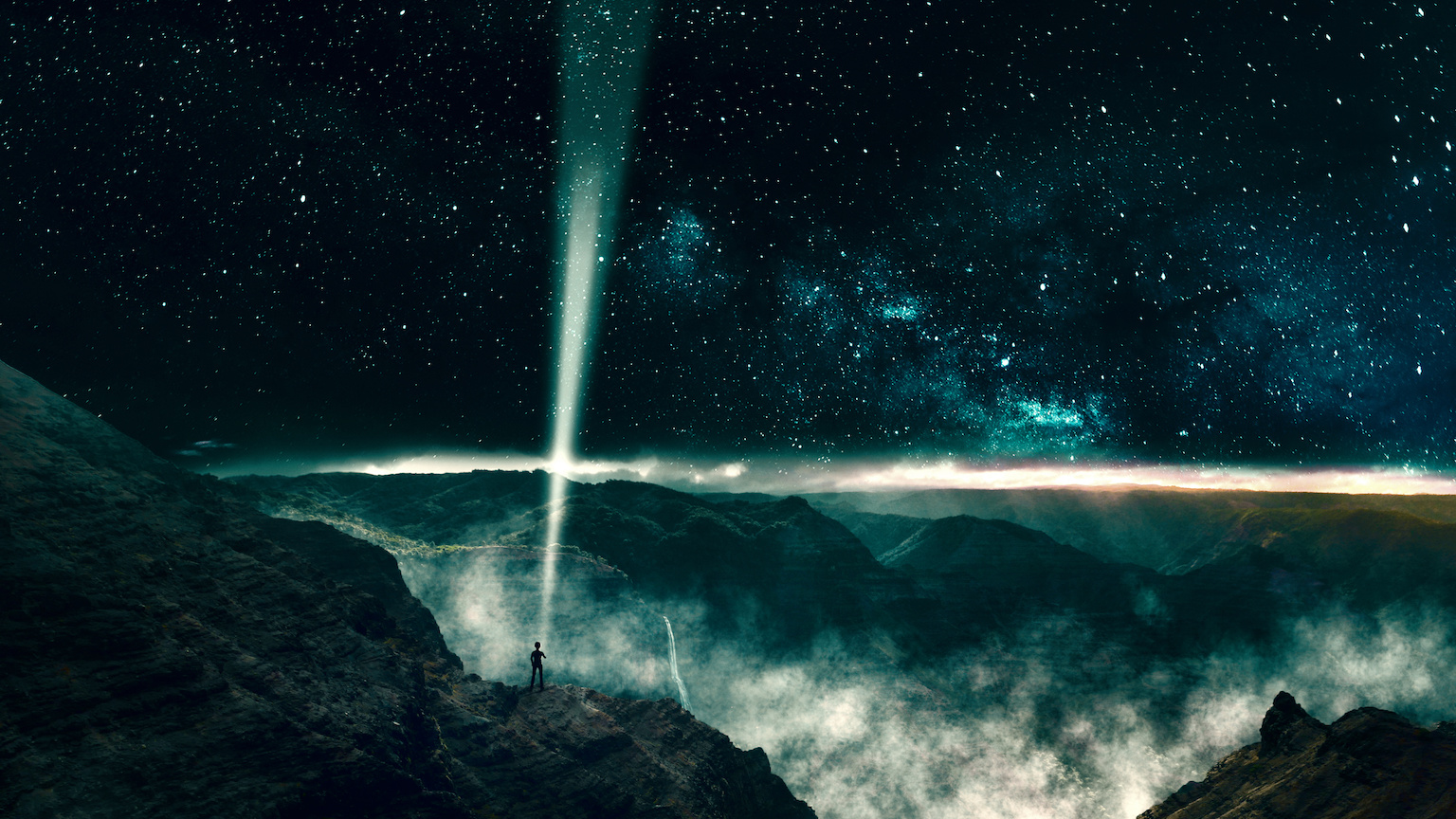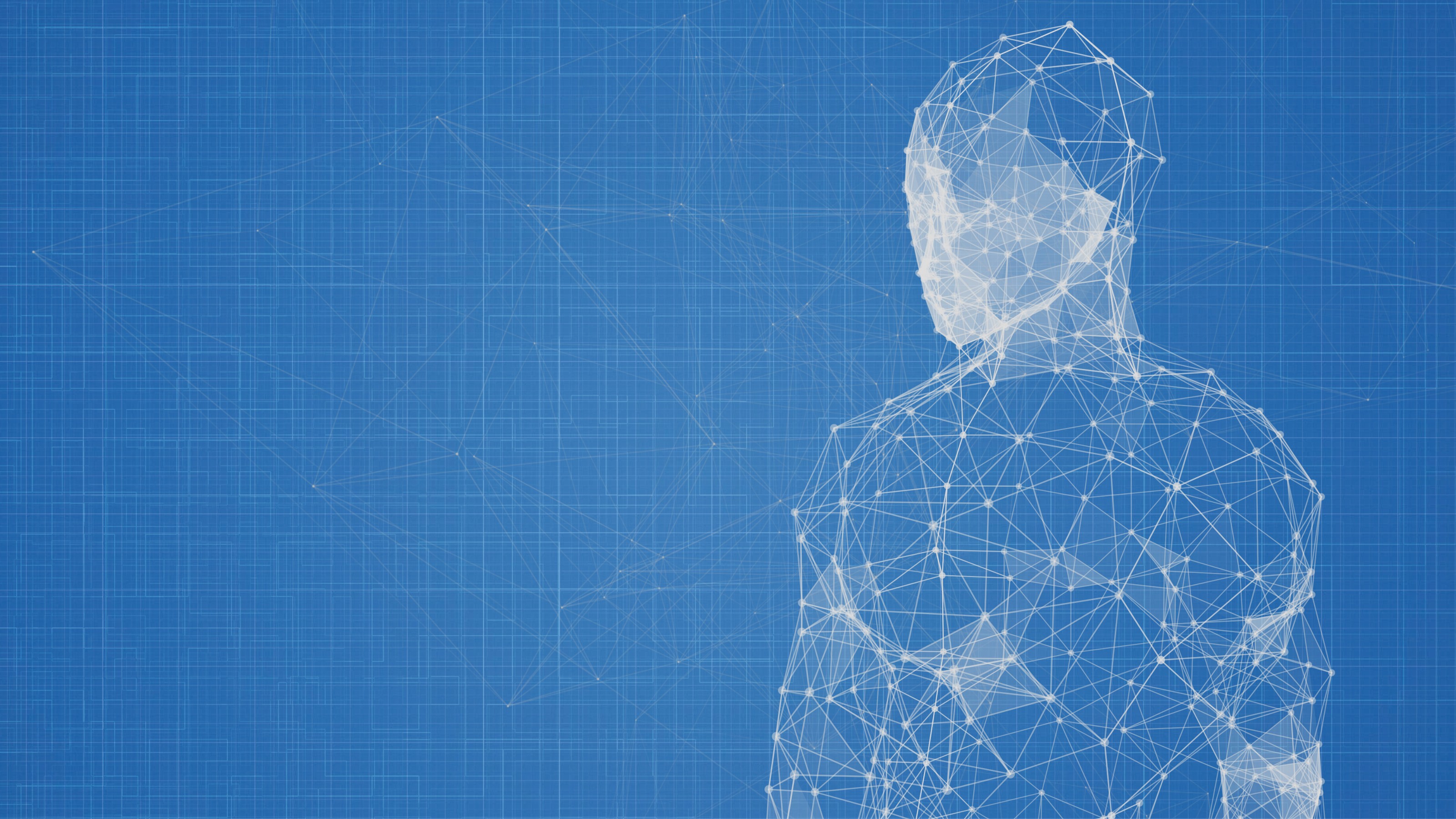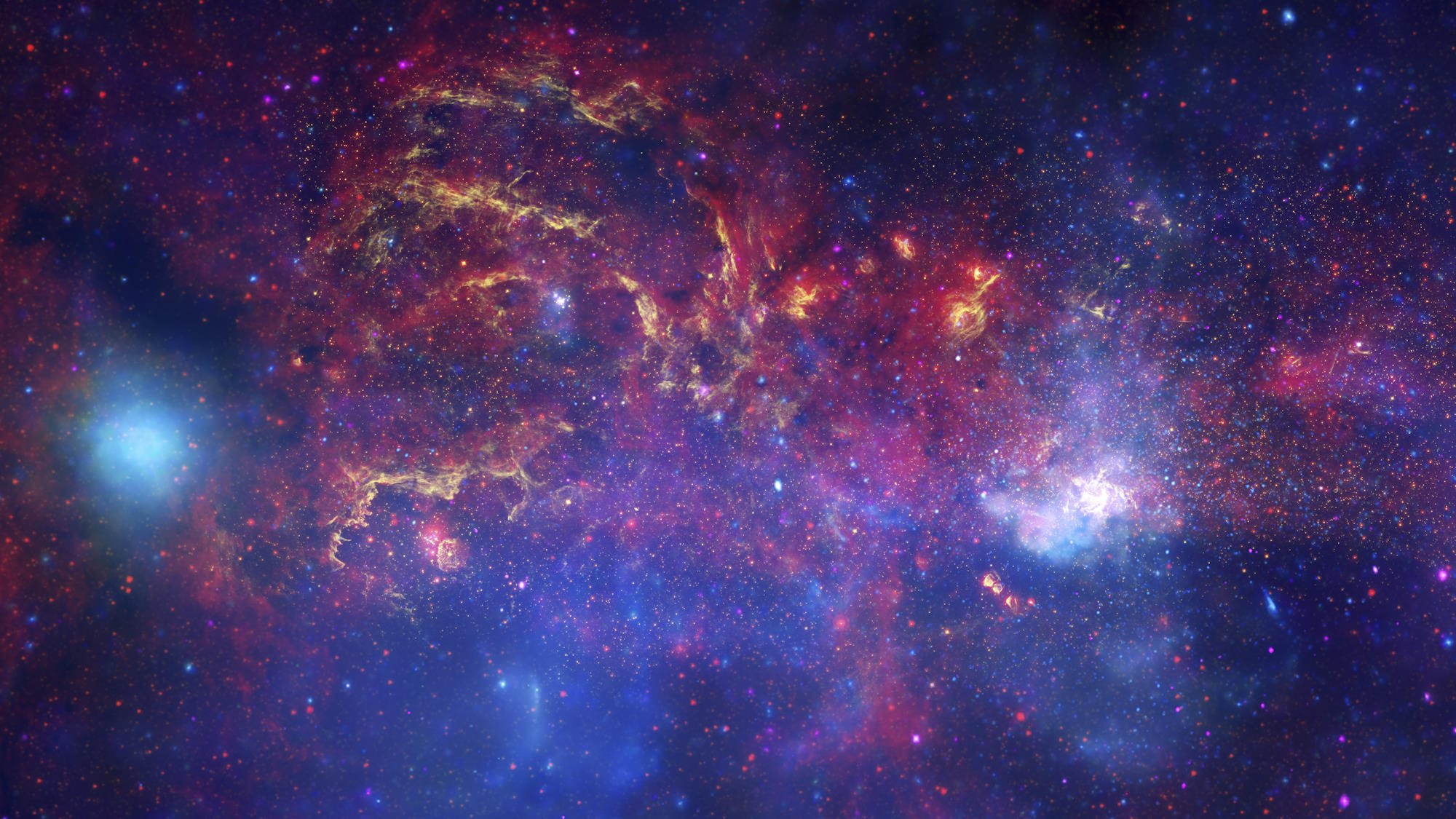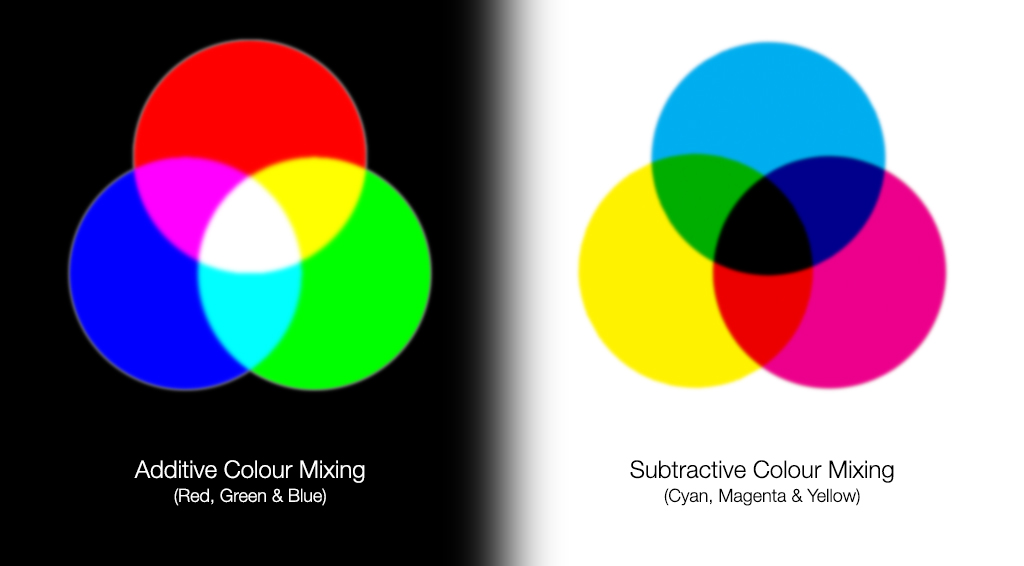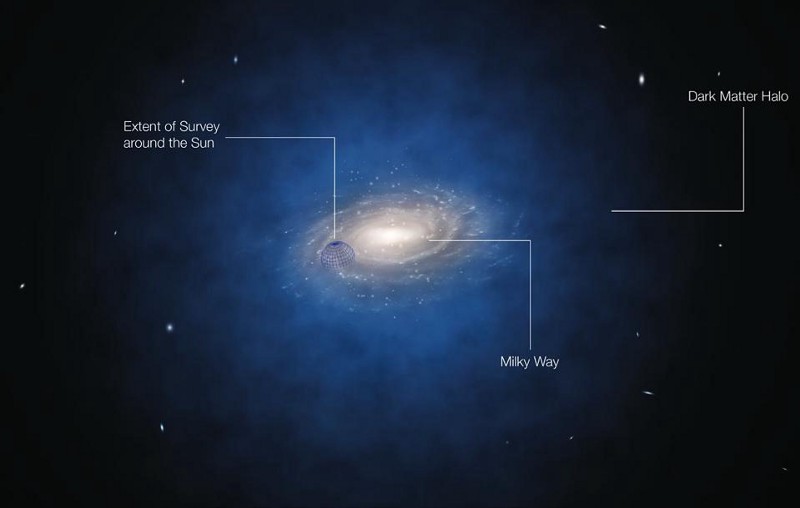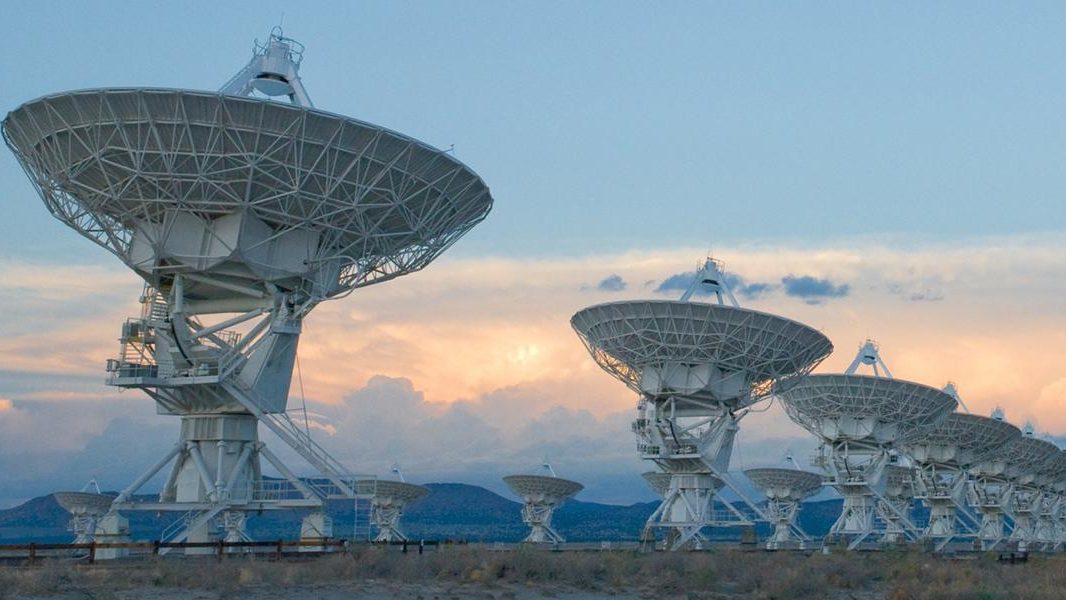Historians have been able to piece together a clear picture of how the average Roman citizen spent their waking hours.
Search Results
You searched for: Noise
Noise causes stress. For our ancestors, it meant danger: thunder, animal roars, war cries, triggering a ‘fight or run’ reaction.
The heart’s rhythms may play a larger role in shaping psychedelic experiences than previously thought.
As wind power grows around the world, so does the threat the turbines pose to wildlife. From simple fixes to high-tech solutions, new approaches can help.
Democratic freedom, rapturous religion, and newspapers created a hotbed for social experimentation in 19th-century America.
Our Universe requires dark matter in order to make sense of things, astrophysically. Could massive photons do the trick?
It was originally recorded in the 1970s by cognitive psychologists Harry McGurk and John MacDonald.
In the future, driving an app across a bridge could let engineers know how safe it is.
Why, exactly, don’t you trust that person’s opinion?
People who go ballistic over other people’s eating sounds aren’t just cranky — they have misophonia.
Developing an awareness of and an appreciation for science is what we all truly need, not what we’ve been doing.
Climate activists’ brand of iconoclasm is far removed from the Beeldenstorm that swept medieval Europe.
If future studies prove it to be successful, this technique for the early detection of pancreatic cancer could save thousands of lives.
All matter particles can act as waves, and massless light waves show particle-like behavior. Can gravitational waves also be particle-like?
The high pitches from the flute and the harp would reach your ears before the notes from the tuba and the cello.
A radical redesign of commercial aircraft, called the flying-V plane, could increase fuel efficiency by 20%, greatly reducing emissions.
‘Dorozoku’ map crowd-sources the whereabouts of noisy kids in Japan – but who’s being anti-social here, exactly?
Forget billions and billions. When it comes to the number of galaxies in the Universe, both theorists’ and observers’ estimates are too low.
So far, gravitational waves have revealed stellar mass black holes and neutron stars, plus a cosmic background. So much more is coming.
A new paper explores how noise from human activities pollutes the oceans, and what we can do to fix it.
Here’s how to appreciate them from a distance.
Astronomers claim to have found structures so large, they shouldn’t exist. With such biased, incomplete observations, perhaps they don’t.
From unexplained tracks in a balloon-borne experiment to cosmic rays on Earth, the unstable muon was particle physics’ biggest surprise.
There are pros and cons to sending interstellar messages to aliens that may or may not exist.
The future of healthcare may bring powerful collaborations between AI and medical professionals.
NASA’s space telescopes and observatories bring humanity unrivaled science images and scientific discoveries. Here’s what should be next.
When what we predict and what we measure don’t add up, that’s a sign there’s something new to learn. Could it be a new fundamental force?
We still don’t know what dark matter is, but at least we now know what it’s not. When it comes to science, we often say that it only takes a single […]
The sharpest optical images, for now, come from the Hubble Space Telescope. A ground-based technique can make images over 100 times sharper.
Some U.S. intelligence operatives have suggested foreign adversaries may be using “directed-energy” weapons against Americans.


